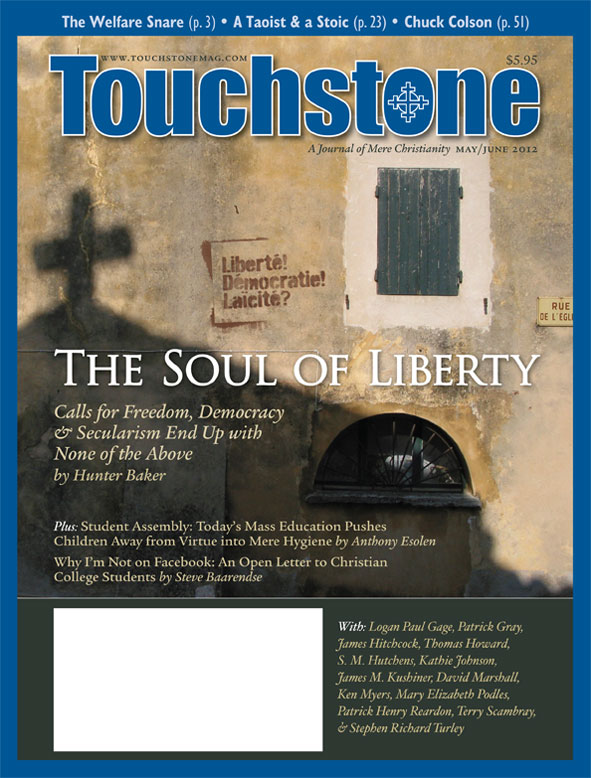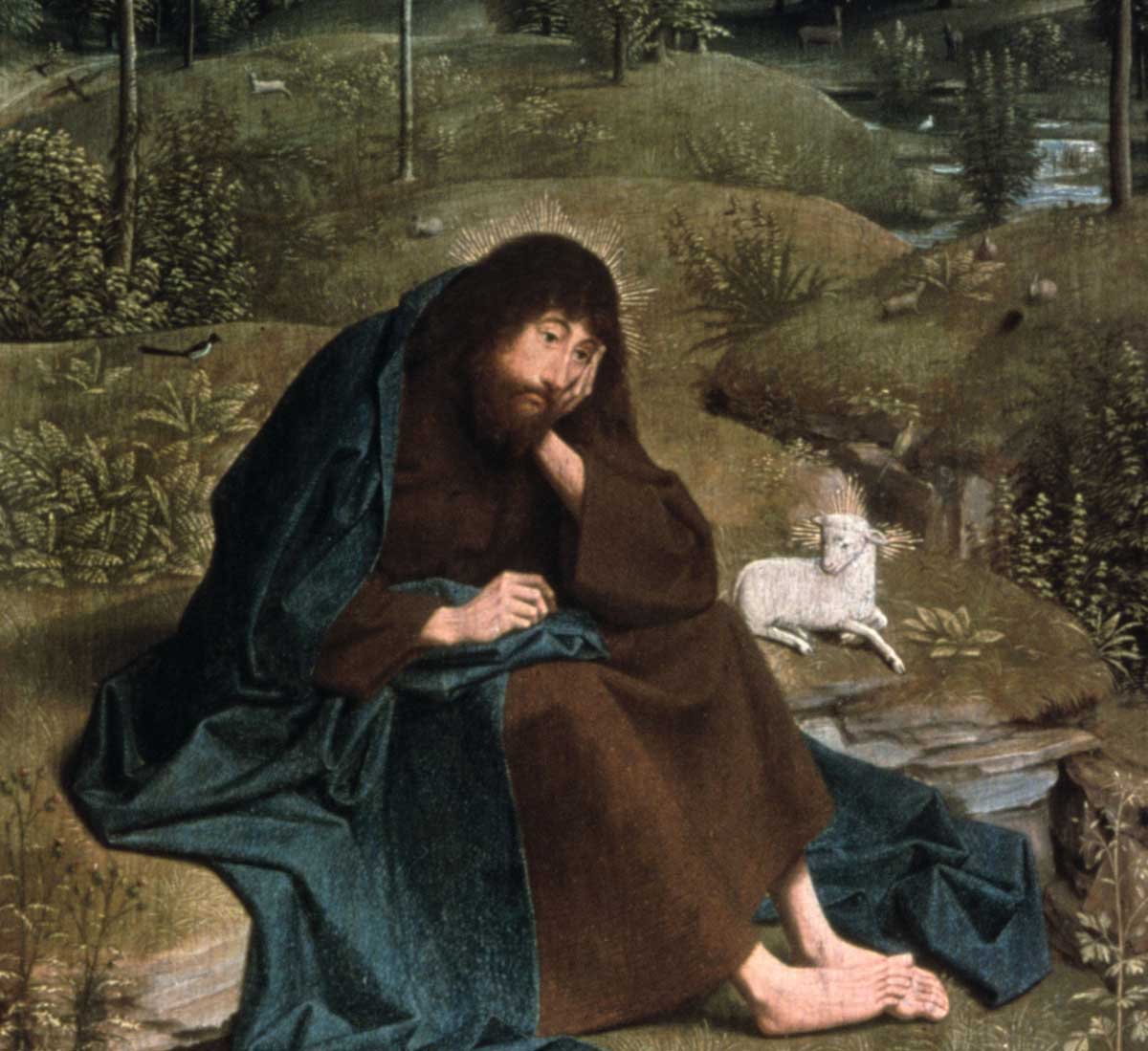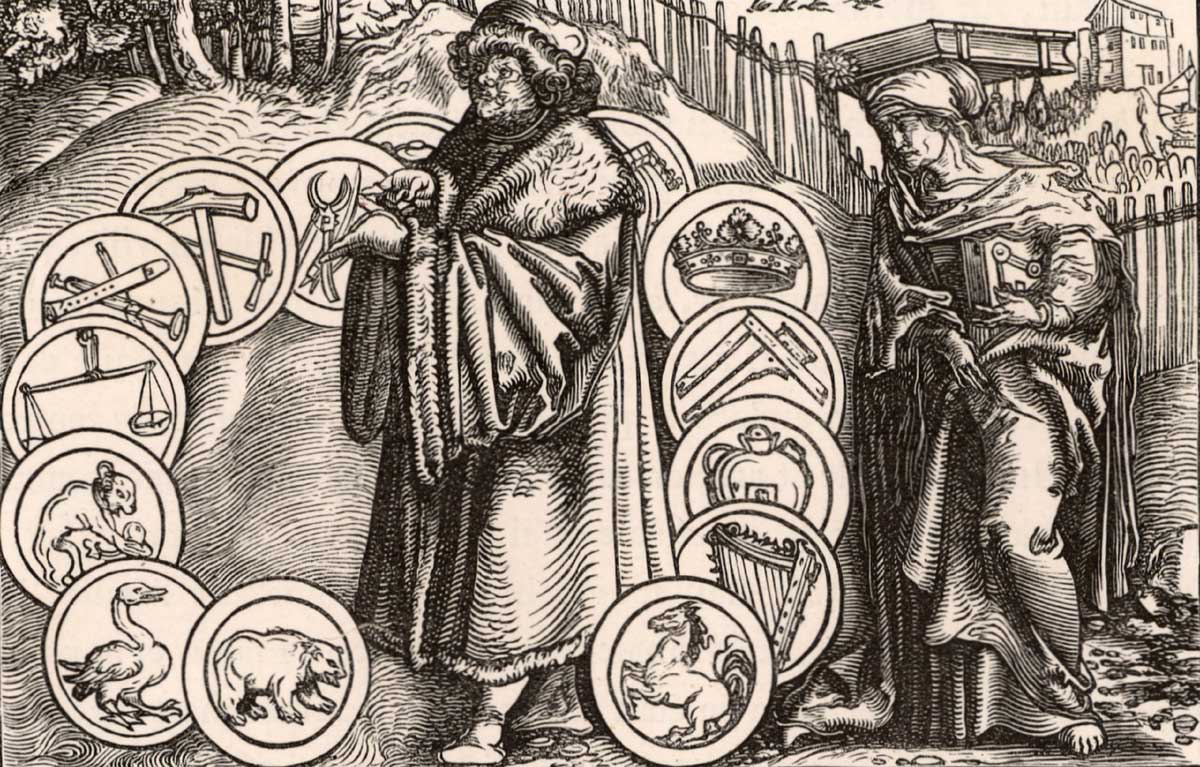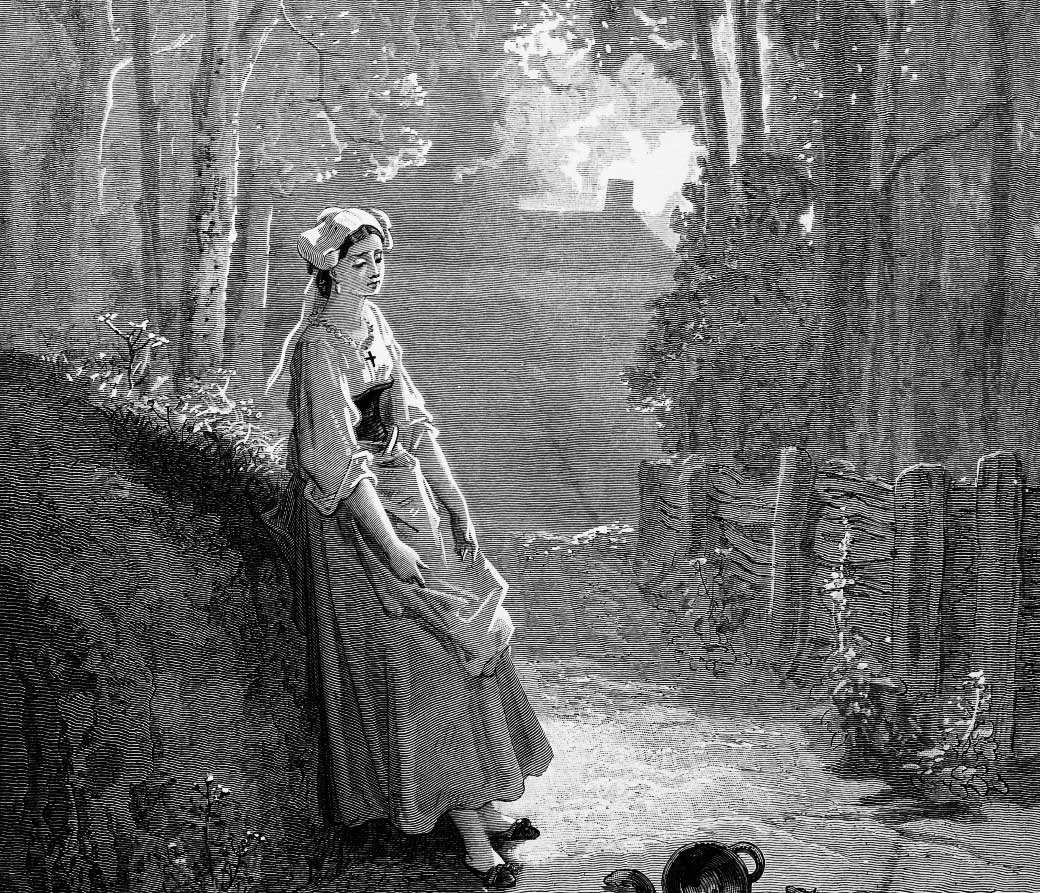View
Just Sayin’
Thomas Howard on What We Used to Know vs. What We Know Now
Any Christian whose spiritual nurture took place under the ardent auspices of Protestant Evangelicalism or, a fortiori, Fundamentalism, will know the prefix “Just,” which we all brought into play as a sort of link, or crutch, as we ploughed our way through the business of praying aloud in company. I was present at a dinner recently when a waggish cleric from the high and smoky reaches of “Anglo-Catholicism,” in the course of an after-dinner speech, rallied his own curate (an erstwhile Evangelical) for the “justs” that popped up now and again in that curate’s prayers. Knowing and affectionate laughter all round.
Laughter, to be sure, since the habit of lacing one’s oral prayers with this tag does amuse us, insofar as we acknowledge our own stammering efforts to address ourselves to the Most High. But affectionate laughter, as we recall what lies at the root of the habit, namely, humility. “Lord, we just—we won’t bother thee for long here, what with thine eternal cosmic duties and one thing and another; but we do have this most earnest, and admittedly minuscule, request here for help with this exam (or this arthritis, or this hope, or this bore with whom we must daily cope).”
Such prayers, as it happens, stand in the immemorial lineage of prayer that we mortals have been offering since the beginning. Adam: surely he besought the help of God as he stepped across the line between Eden and his exile? Abel: what did he say as he offered his lamb? Enoch, Noah, Abraham, David, the Tabernacle, the Temple, the synagogue: a solemn and noble lineage. Then the Church: the apostles, Ignatius, Clement, Justin, Cyril, Ambrose, Augustine, Benedict, Thomas—yes: we with our small “justs” do, after all, stand, albeit on the outskirts, with those figures.
The Ancient Pattern of Prayer
But another “just” has come into play in recent years. The following remarks consider this new usage.
Musing on the office of prayer as we canvass those immense figures, we find a thought coming upon us. Those prayers sprang from men who ordered their prayer to what they supposed Almighty God had disclosed about himself. For us who also try to thus order our prayers, such prayers, recorded all through the Hebrew Scriptures—histories, prophets, and psalms—and then the Gospels and epistles—have “the character of revelation” (Benedict XVI). Hence they will, with that character, never become obsolete, we say. We do not say, “Ah. But of course, you must understand that those men lived long before the discoveries of science had exploded all the notions that informed their prayers.” On the contrary, their prayers are received by Christendom as the perfect paradigm of prayer.
Their acts of Confession, for example: like them, one finds oneself obliged to look on his own burden of sin in the fierce light of what remains true, despite the inclination of modern behavioral sciences to muster out the old category “sin” and to suggest that perhaps guilt (meaning, of course, misbegotten guilt feelings), or “problems” or “victimization” would be more helpful in diagnosing our human frailties. If we look upon that ancient pattern of prayer, we find our own fretful attempts to prettify, cloak, or finesse those sins called into question. The ancient pattern of prayer judges us, not vice-versa.
Or again, Supplication: like the patriarchs and fathers, I carry my own perplexities, or my children’s safety, or my difficulties, or my sorrows, to the domain of the Eternal Mercy. Or Adoration: like them, I try in this act to extol him who is the Maker of all things. I may recall in this connection that the heavens are said to declare the glory of God; or that he telleth the number of the stars, and calleth them all by their names. (Ah. Hmm: has the Hubble Telescope spotted that? Any voice out there speaking to the trillions of bodies in space? Does the Big Bang know the names of all of those titanic fragments careering at light speed away from the proto-historic nubbin?)
As I try to form my prayers here, I recall that he is the one who “covereth the heaven with clouds, and prepareth rain for the earth; and maketh the grass to grow upon the mountains, and herb for the use of men: Who giveth fodder unto the cattle: and feedeth the young ravens that call upon him.” If that picture has any rag of validity, as the patriarchs, prophets, and psalmists seemed to suppose, then what can one say but Benedicite, omnia opera Domini Domino—Bless the Lord, all ye works of the Lord?
Thomas Howard taught for many years at St. John's Seminary College, the Roman Catholic seminary of the archdiocese of Boston. Among his many works are the books Christ the Tiger, Evangelical Is Not Enough, Lead Kindly Light, On Being Catholic, and The Secret of New York Revealed, and a videotape series of 13 lectures on "The Treasures of Catholicism" (all from Ignatius Press).
subscription options
Order
Print/Online Subscription

Get six issues (one year) of Touchstone PLUS full online access including pdf downloads for only $39.95. That's only $3.34 per month!
Order
Online Only
Subscription

Get a one-year full-access subscription to the Touchstone online archives for only $19.95. That's only $1.66 per month!
bulk subscriptions
Order Touchstone subscriptions in bulk and save $10 per sub! Each subscription includes 6 issues of Touchstone plus full online access to touchstonemag.com—including archives, videos, and pdf downloads of recent issues for only $29.95 each! Great for churches or study groups.
Transactions will be processed on a secure server.
more on Christianity from the online archives
more from the online archives
calling all readers
Please Donate
"There are magazines worth reading but few worth saving . . . Touchstone is just such a magazine."
—Alice von Hildebrand
"Here we do not concede one square millimeter of territory to falsehood, folly, contemporary sentimentality, or fashion. We speak the truth, and let God be our judge. . . . Touchstone is the one committedly Christian conservative journal."
—Anthony Esolen, Touchstone senior editor












